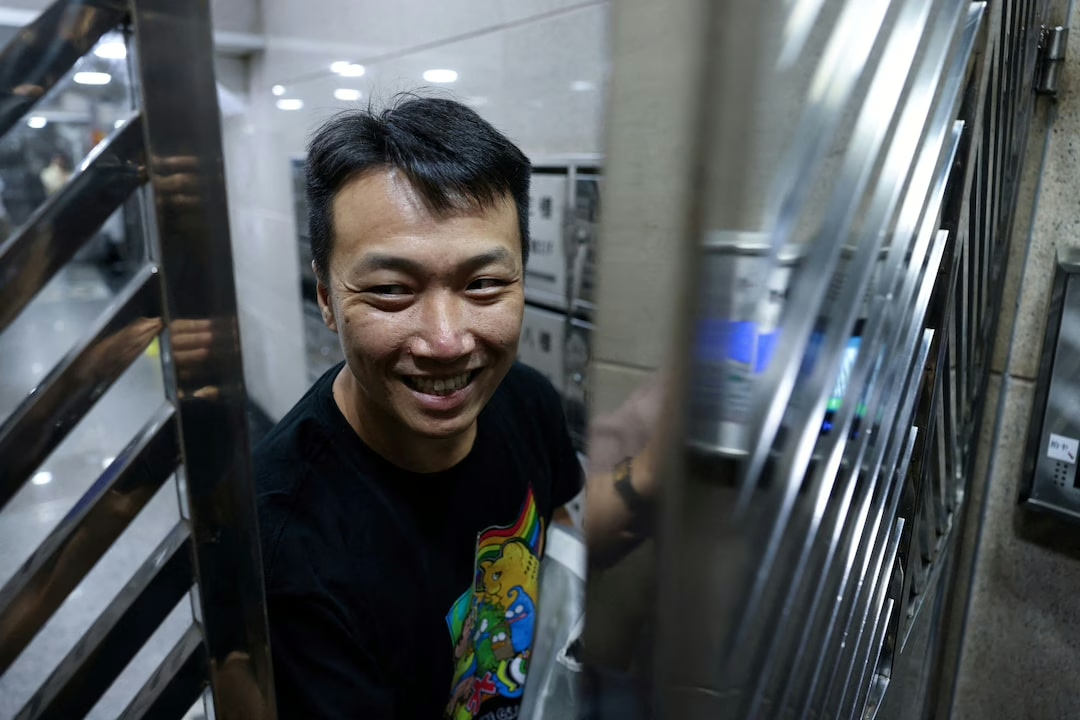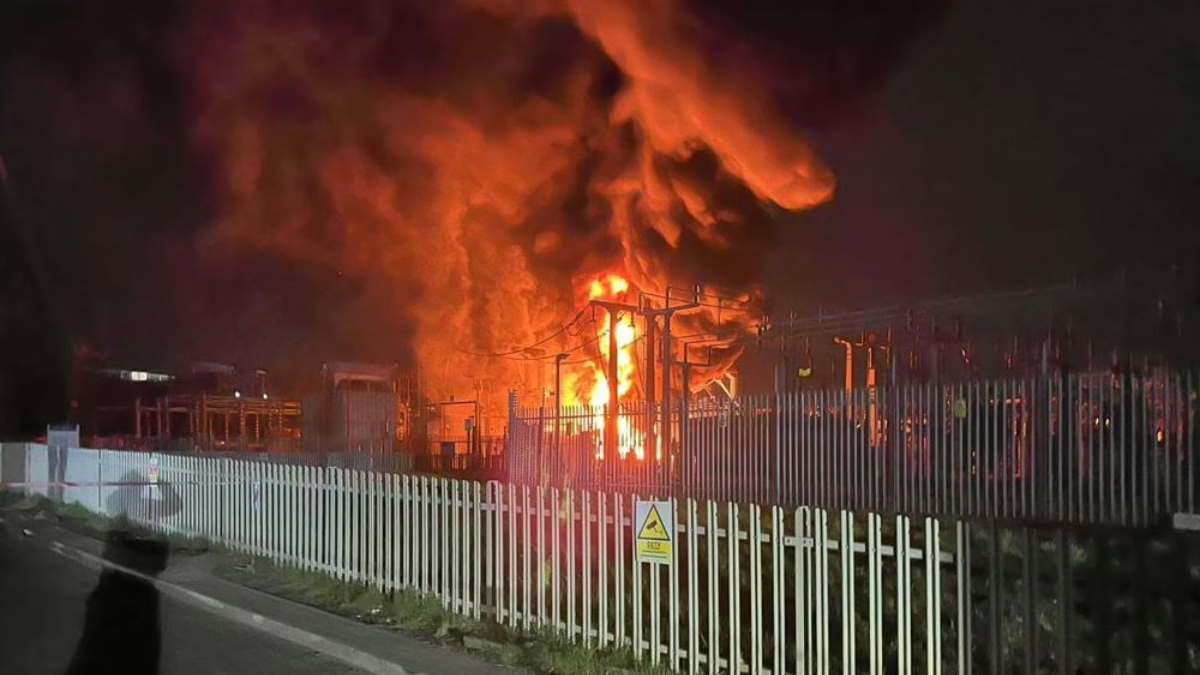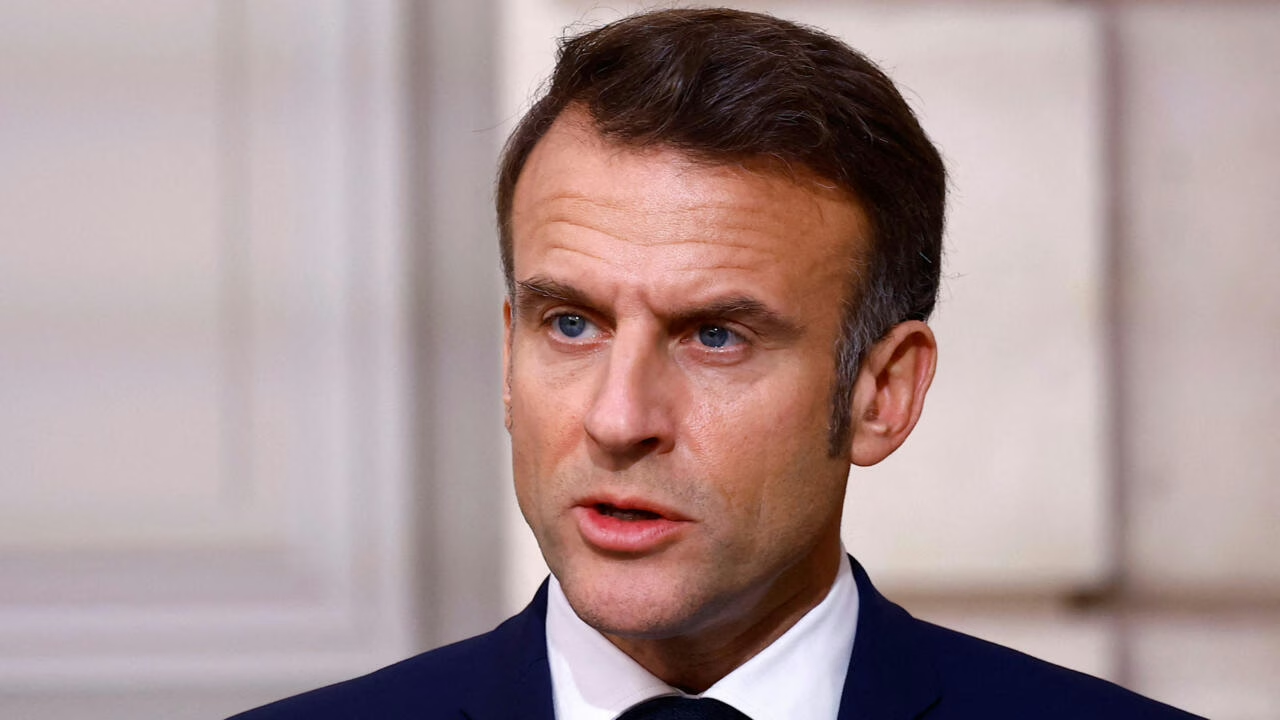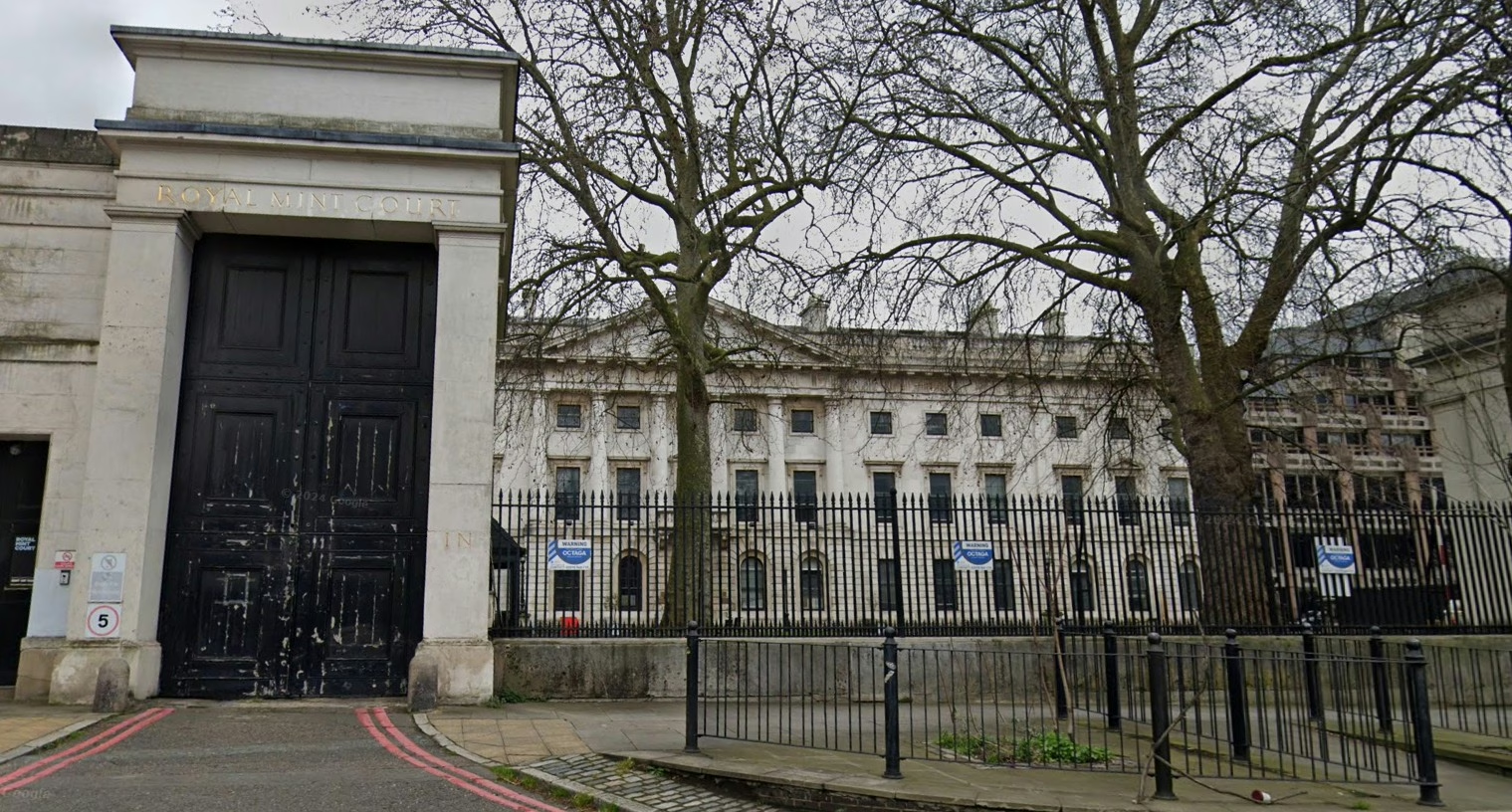Early this morning, Hong Kong pro-democracy activists Sham Tsz-kit, Tam Kai-bang, Wong Pak-yu, and Lee Ka-tat were released from prison after serving over four years. Convicted in 2021 for “conspiracy to commit subversion” under the Hong Kong National Security Law (NSL) for their roles in the 2020 democratic primary, they were sentenced to 51 months’ imprisonment. While their release draws attention, the NSL and the recently enacted Basic Law Article 23 underscore Hong Kong’s shrinking freedoms and its accelerating alignment with mainland China’s political and legal framework.
Case Background: The ‘47 Democrats’ Crackdown
In July 2020, 47 pro-democracy figures organised an unofficial primary to coordinate candidates for the Legislative Election, aiming to secure a majority. Participants, including Sham, Tam, Wong, and Lee, spanned moderate to radical factions. The Hong Kong government, invoking the NSL’s Article 22, accused them of “conspiring to subvert state power,” alleging the primary aimed to paralyse government operations.
The court convicted 45 of the 47, with sentences ranging from 4 years and 3 months to 10 years. Sham, Tam, Wong, and Lee each received 51-month terms for organising or participating in the primary and advocating for veto powers in the legislature, deemed “subversive” by the court.
Release Scene: Quiet Return Amid Tight Security
The four activists were released early today from various Hong Kong prisons. Sham Tsz-kit, returning to his Kowloon residence, briefly spoke to the media, expressing a desire to spend time with family and noting the need to navigate “the current red lines.” The release sites were under heavy police surveillance, reflecting ongoing scrutiny of the activists. Tam, Wong, and Lee left quietly, avoiding public appearances.
NSL and Article 23: A Stranglehold on Freedom
Since Beijing imposed the NSL in June 2020, Hong Kong’s political and speech freedoms have drastically eroded. Targeting “secession, subversion, terrorism, and collusion with foreign forces,” the law carries penalties up to life imprisonment. The ‘47 Democrats’ case is a hallmark of its enforcement, showcasing the suppression of democratic activities.
In March 2024, the passage of Basic Law Article 23, a local security law, further tightened control by adding offences like “insurrection” and “external interference,” expanding authorities’ powers. The combined impact of these laws is profound:
- Judicial Independence Undermined: NSL cases are heard by designated judges, often without juries, diverging from Hong Kong’s common law tradition. The ‘47 Democrats’ case saw peaceful primaries branded as “subversion,” echoing mainland China’s “crime by speech” approach.
- Speech Stifled: Public criticism of the government or Beijing has virtually vanished. Sham’s reference to “red lines” highlights the ongoing constraints on released activists.
- Civil Society Dismantled: Groups like the Civil Human Rights Front, Hong Kong Professional Teachers’ Union, and Hong Kong Alliance have dissolved, while independent media outlets such as Apple Daily and Stand News have shut down, with journalists arrested.
- Political Participation Blocked: The criminalisation of the primary signals the closure of democratic avenues, with any opposition activity at risk of being labelled illegal.
Hong Kong’s Mainlandisation: The End of ‘One Country, Two Systems’?
The NSL and Article 23 have aligned Hong Kong’s legal and political landscape with mainland China’s. The Basic Law’s promise of “high autonomy” is increasingly hollow, with the NSL imposed without local legislation and Article 23 reinforcing Beijing’s control. This convergence extends beyond law to the suppression of dissent, media censorship, and the collapse of civil society. A 2024 International Monetary Fund report noted Hong Kong’s declining rule-of-law ranking, with foreign firms withdrawing or scaling back, threatening its status as a global financial hub.
Global Outcry and Hong Kong’s Future
The United States, European Union, and United Kingdom have repeatedly condemned the NSL and Article 23 as breaches of the Sino-British Joint Declaration, imposing sanctions on officials. Beijing and Hong Kong authorities insist these laws are essential for “stability.” While the release of Sham and others offers temporary relief, Hong Kong’s democratic prospects remain bleak, with freedoms curtailed under ever-tightening “red lines.”
Conclusion
The release of Sham Tsz-kit, Tam Kai-bang, Wong Pak-yu, and Lee Ka-tat marks a fleeting moment in the ‘47 Democrats’ saga but cannot mask Hong Kong’s ongoing loss of freedoms. The NSL and Article 23 have propelled the city towards mainland-style governance, rendering ‘One Country, Two Systems’ a fading promise. Hong Kong’s future remains a global concern.
Discover more from “Bridging Hongkongers. Reporting Truth.”
Subscribe to get the latest posts sent to your email.




